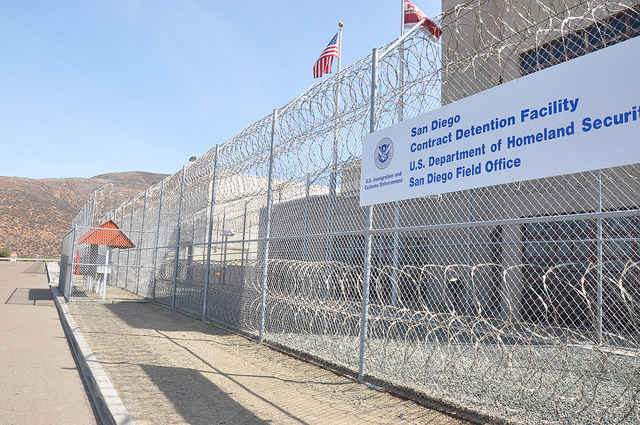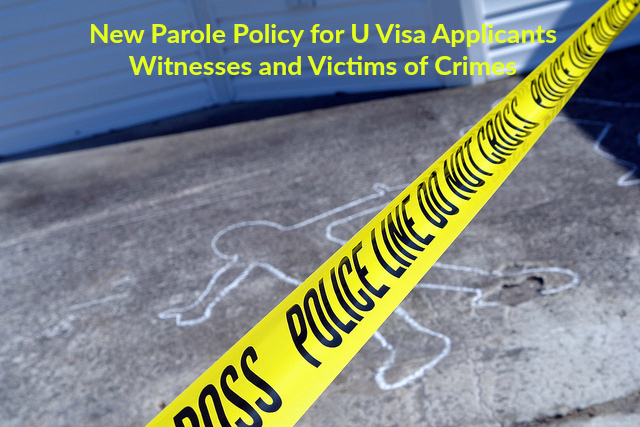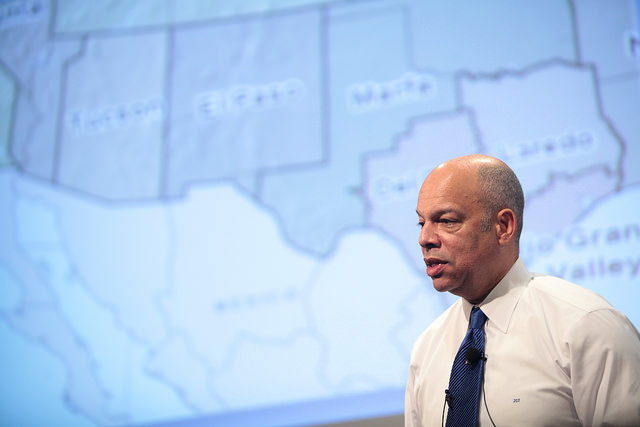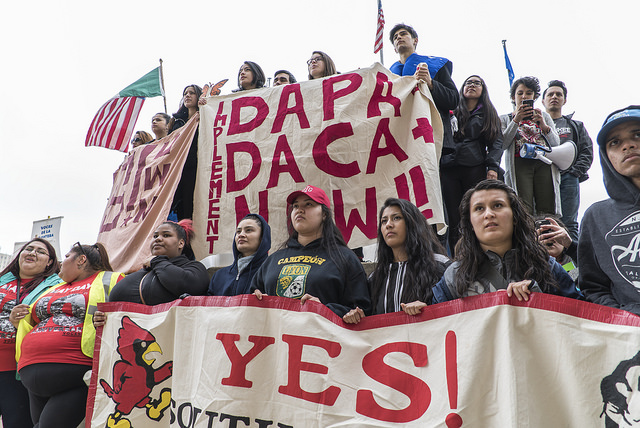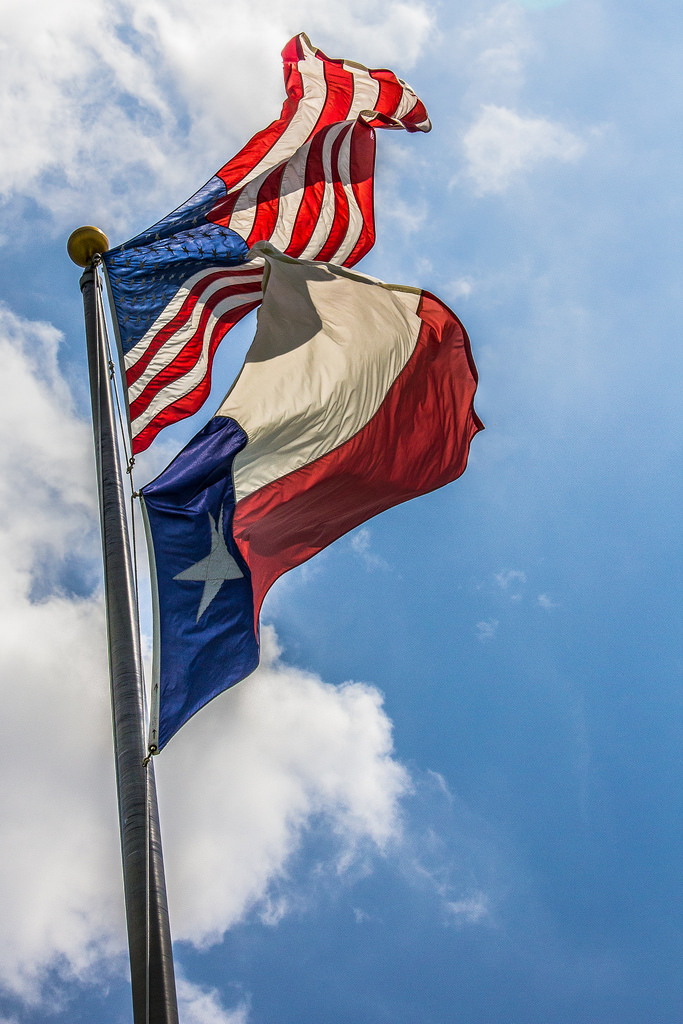In this post we bring you your daily dose of immigration updates. For more information on the immigration services we provide please visit our website. For a free first legal consultation please contact our office. It is our pleasure to accompany you on your immigration journey.
USCIS extends TPS Designation for Nepal for 18 months
The Secretary of Homeland Security recently announced that Temporary Protected Status (TPS) for eligible nationals of Nepal will be extended for an additional 18 months, beginning December 25, 2016 through June 24, 2018. Eligible TPS applicants must either be foreign nationals of Nepal or habitually resided in Nepal. DHS will be extending current TPS Nepal Employment Authorization Cards (EADs) with a December 24, 2016 expiration date for an additional 6 months, valid through June 24, 2017.
For more information regarding TPS for Nepal please click here. For information about the TPS program please click here. Employers interested in verifying or reverifying the employment eligibility of employees who are TPS beneficiaries, may click here for more information.
EADs Extended 6 Months for Guinea, Liberia and Sierra Leone TPS Beneficiaries
Current Beneficiaries of the Temporary Protected Status (TPS) program for the designations of Guinea, Liberia, and Sierra Leone have had their TPS status extended for a period of 6 months, to expire on May 21, 2017. The Department of Homeland Security authorized this temporary extension to allow beneficiaries to make an orderly transition out of the United States, before termination of their TPS status on May 21, 2017. Current beneficiaries of the TPS program from these designations will automatically retain their TPS status until this date, and the validity of their current Employment Authorization Cards (EADs) will be extended through May 20, 2017.
Click here for more information about the 6-month extension of orderly transition before termination of TPS designations for Guinea, Liberia, and Sierra Leone. For general information about the TPS program please click here.
 Visa Lawyer Blog
Visa Lawyer Blog



